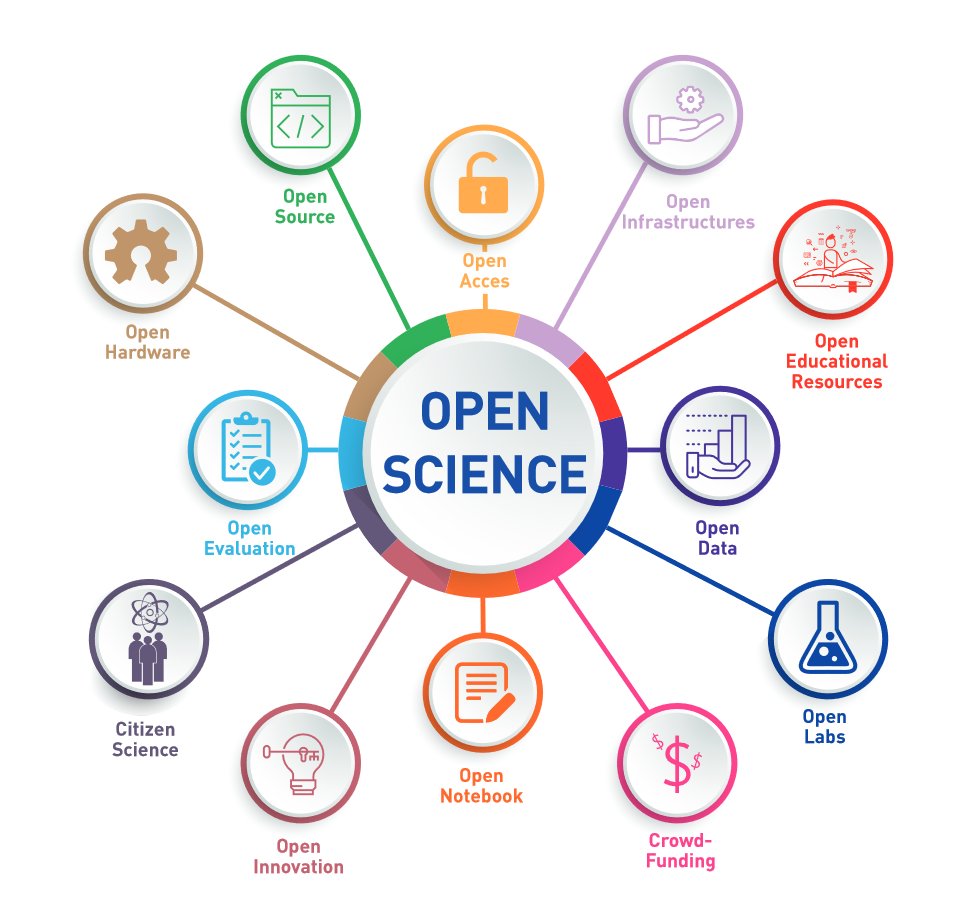
Open science is an inclusive construct that combines various movements and practices aiming
Open science is at the centre of European research policy (The EU's open science policy). As an umbrella term, open science encompasses different aspects of science such as:

Picture: Innovation Platform France-Canada.
Hanken has been actively promoting open science and following the national and international principles and requirements of openness in science and research. Active promotion of open science is included in Hanken 2030 Strategy. The main objectives are to advance open access to research outputs including scientific publications, research data and methods, and responsible research assessment.
In August 2019, Hanken signed the Declaration for Open Science and Research (Finland) 2020-2025 and is committed to following the strategic principles, objectives, and action plans outlined in the four Policies of Open Science and Research in Finland to achieve the goals set out in the Declaration.
To continue to promote open science:
For the full text of Hanken's Guidelines for Open Science and Research (2024, 3rd version), see the PDF file below:
Open science facilitates sharing and collaboration, views responsible openness as a component of research quality and impact across the life cycle of research, and can accelerate progress towards the achievement of the sustainable development goals (SDGs). Openness as a strategy for responsible science and impactful research both empowers and democratizes science.
More information about open science's benefits, see UNESCO Recommendation on Open Science (2021, pp.2-5).
Hanken provides diverse training on open science strategies and practices and aims to make expertise in open science practices an integral part of research training.

Picture: Declaration for Open Science and Research 2020-2025